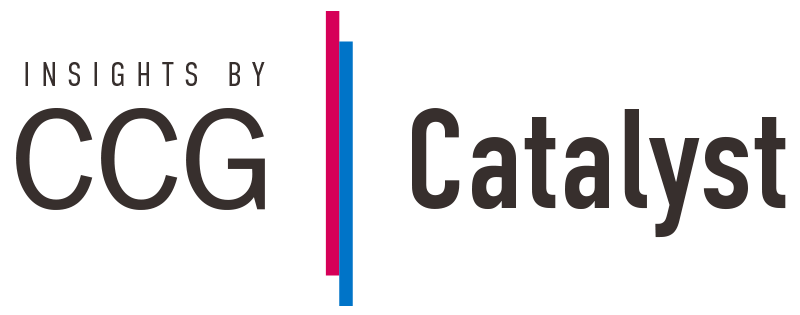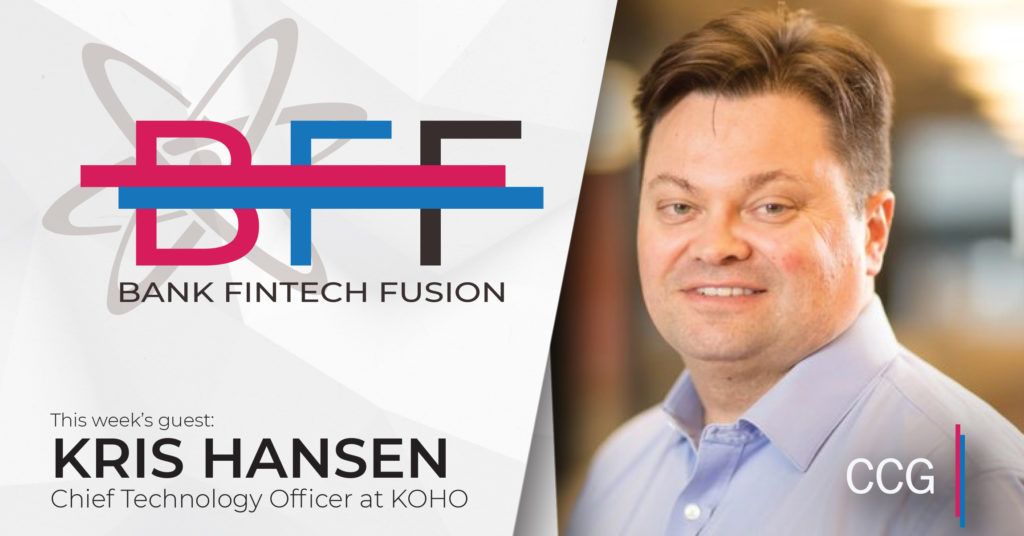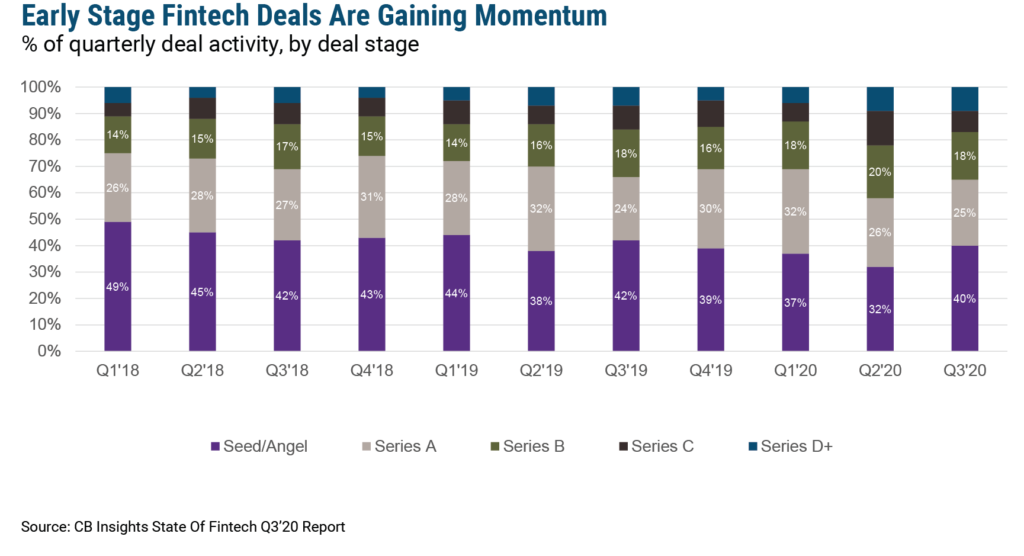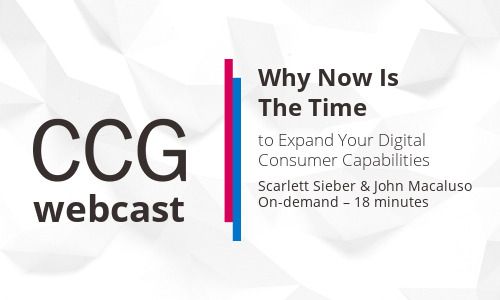Will FIs Participate in the Small Business Lending Surge?
Notwithstanding the country experiencing an unprecedented level of small business optimism, access to credit will ultimately boost or limit economic growth within this high-impact sector, according to new research.
The study “Gimme Credit: Faster, Simpler, Safer Credit for Main Street America,” a cooperative undertaking by Skokie, Ill.-based PayNet, a provider of small business credit data and analysis and Lombard, Ill.-based Raddon, a Fiserv company and provider of innovative research, explored factors contributing to small businesses’ access to credit, and proposes lending best practices to increase economic output of these companies.
The good news, according to the study, small businesses are on a rising path:
- Anticipated small business loan demand is at its highest level since 2012, with 48% planning to take out a loan in the next 12 months.
- Sixty-five percent anticipate an increase in sales, compared to just 5% that expect a decrease.
- Small business economic confidence ratings outpace those of consumers by more than two times (43% vs. 21%).
The hitch: a small business credit gap is decelerating economic recovery. According to a Harvard study, following the 2008 financial crisis, a formula of regulatory and risk factors lowered credit volume among larger financial institutions, hampering the pace of recovery. The lingering effects of these factors continue to hamper small business growth currently.

The main challenge remains the incapability of financial institutions to profitably extend loans with terms and conditions appealing to small business borrowers. The joint research found an important issue preventing community institutions from closing this gap is the loan process itself. The traditional loan procedure, frequently still a human-intensive method deployed by numerous lenders, exposed two critical issues.
The first, high costs to underwrite and review loans making it financially prohibitive for lenders to meet small business borrowers’ needs. Per Raddon’s Small Business National Research, 95% seek loans under $250,000 with the average loan amount sought only $75,000. PayNet and Raddon research shows that a financial institution would need to charge a 9.49% interest rate just to break even on a five-year loan for this average loan amount.
The second issue is a combination of inefficiencies resulting in a challenging application process and long duration (30 days or more in too many instances) to settlement. These are unenticing conditions for potential borrowers. In the Federal Reserve Bank’s 2015 Small Business Credit Survey, 52% of small businesses mentioned the difficult application process and 43% cited the long wait for a credit decision as dissatisfaction sources when they sought to borrow from small financial institutions. And the 2018 Raddon’s Small Business Survey revealed 47% agreed with the statement, “Getting a business loan is a long and difficult process.”
The study outlined three specific steps lenders of all sizes can take to improve automation, achieve faster decision-making and reduce the lending cost curve:
- Segmenting applications by loan request size and reviews by loan risk profile.
- Deploying technology to assist in preparing applications, collecting data, and analyzing the business/loan.
- Optimizing procedures by leveraging industry intelligence to improve their decision engines.
The report noted lenders employing these best practices stand to gain market share as the economy expands. Since barricades create an inclination for small businesses to look to alternative lenders, technology-based lenders have made strides to reach this underserved market, although they may struggle with higher marketing costs and weak local connections.
Subscribe to CCG Insights.








